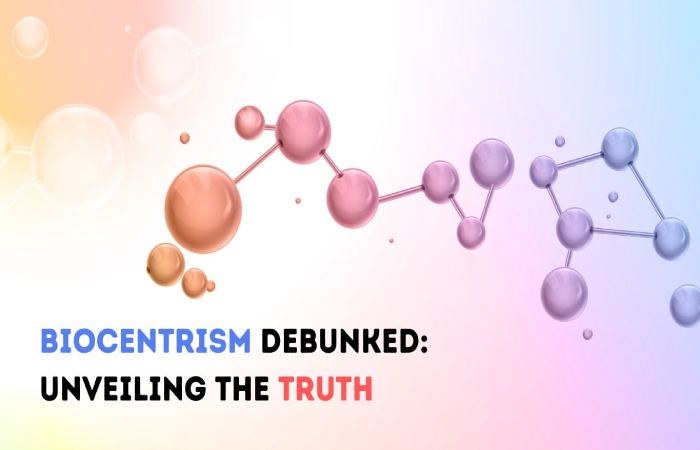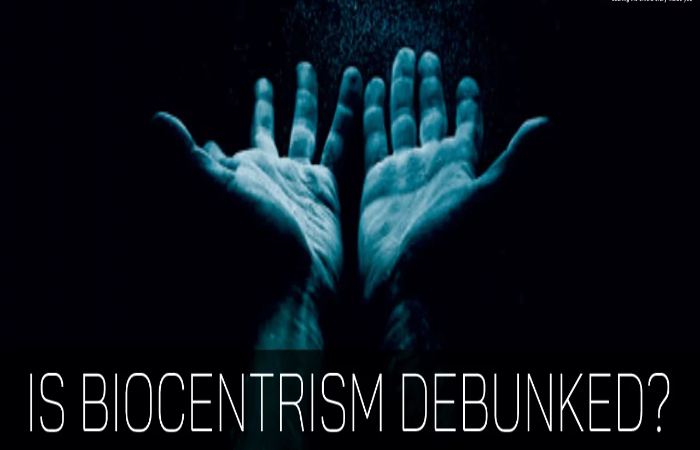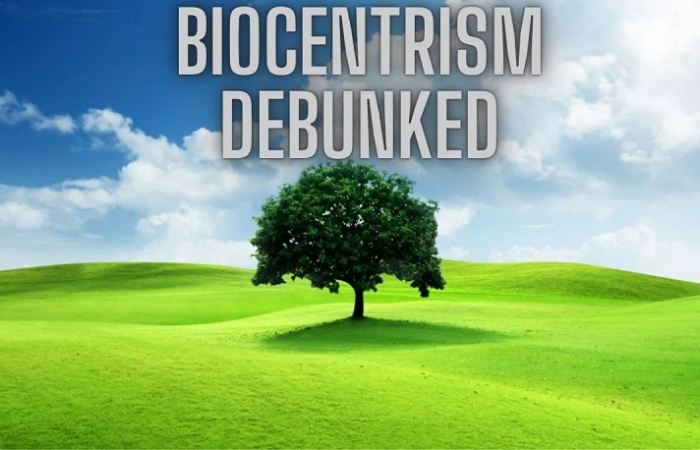Table of Contents
Definition of Biocentrism

Biocentrism posits that awareness remains the driving force behind the universe, with everything else being a mere byproduct. The universe remains not palpable but a mental construct shaped by our perceptions. This theory suggests that biology, not physics, remains the primary science of the universe. It emphasizes that life and consciousness are the fundamental mechanisms of existence, with all other aspects being secondary.
Biocentrism is an ethical perspective that maintains that all life deserves equal moral consideration or has equal moral standing. Although elements of biocentrism can remain found in various religious traditions, it was not until the last decades of the 20th century that the philosophical ethics of the Western tradition addressed the topic systematically.
Biocentrism Discredited?

- A controversial intersection between science and philosophy
- Supporting arguments
- Proponents of biocentrism highlight several key arguments:
Consciousness at the core: Biocentrism explains consciousness, a concept many traditional physical theories have struggled to define. Biocentrism justifies our self-awareness by placing consciousness at the center of its framework.
Perception and existence: The theory emphasizes the role of perception in shaping our universe. It suggests that the precise conditions of our universe, which seem perfectly designed for life, can be understood when it remains recognized that life and consciousness are fundamental to existence.
Criticisms and Counterarguments
However, biocentrism has faced its fair share of criticism:
Absence of empirical evidence: One of the main criticisms remains the absence of proof supporting biocentrism. Critics argue that while the philosophy offers a different perspective on consciousness, it delivers no tangible evidence or testable predictions.
Contradiction with modern physics: Another criticism is that the fundamental principles of biocentrism contradict the established laws of physics. While biocentrism views the universe as a mental construct, modern physics understands the universe as a measurable physical entity.
Alternative Theories
Though biocentrism has supporters and detractors, it remains essential to consider alternative scientific and philosophical theories that offer a more holistic view of life. Based on empirical evidence and rigorous testing, these alternatives provide complete clarifications of the nature of existence without relying solely on consciousness as the main factor.
Logical theory proposes that consciousness remains the fundamental reality of the universe and that the physical world remains a product of consciousness. Robert Lanza introduced it in his 2007 book Biocentrism: How Life and Awareness Remain the Keys to Understanding the Honest Nature of the Universe.
Lanza contends that our current understanding of physics is incomplete and cannot explain the existence of consciousness. He proposes that consciousness is the primary reality and that the physical world is an illusion created by our mind.
Biocentrism is a controversial theory that many scientists and philosophers have criticized.
Some Of The Main Criticisms of Biocentrism Comprise:
It is not falsifiable. This means there is no way to prove or disprove biocentrism using scientific methods.
This contradicts our understanding of physics. For example, physics tells us that the universe existed before life, which contradicts the biocentric claim that consciousness remains the fundamental reality of the universe.
It’s too vague. Critics argue that the concept of consciousness is not well defined and that biocentrism does not clearly explain how consciousness creates the physical world.
Contempt these criticisms, biocentrism remains a popular topic of conversation in philosophy and science. Some scientists and philosophers say that biocentrism is a promising new way of understanding the universe and could eventually remain backed by scientific evidence.
Below Are Some Specific Examples Of How Biocentrism Has Remained Debunked:
In 2015, philosopher David Chalmers published an article in Awareness and Cognition. He argued that biocentrism remains based on a misunderstanding of the relationship between realization and the physical world. Chalmers argued that consciousness remains a product of the physical world, not vice versa.
What is Biocentrism Theory?

Biocentrism states that all living things in the universe are equal. Therefore, we must give everyone equal consideration. The term biocentrism consumes its etymological origin in the Greek words “bio,” which means life, and “kentron,” which means center.
Biocentrism addresses the right to self-preservation of all life forms and the ethical responsibility of all living organisms.
To better understand biocentrism, let’s look at the following terms.
Environmental ethics
This philosophical discipline examines the relationship between human beings and the environment from a moral and ethical perspective. Try to determine the correct way to interact with the environment.
There are many schools of thought on environmental ethics, and biocentrism is one of them.
Is Biocentrism Science?
The scientific community’s response to biocentrism is both fascination and skepticism. Although it introduces an intriguing reimagining of our worldview, there is an argument that it deviates substantially from traditional scientific principles.
Classical scientific theories generally arise from physical solid evidence and produce early, testable predictions. Based on these criteria, biocentrism appears to falter, offering limited empirical evidence and few testable hypotheses.
Conclusion
Biocentrism presents a unique perspective on the universe, emphasizing the role of consciousness and perception. However, its lack of empirical evidence and its contradictions with established scientific principles make it a controversial theory. While it offers a new point of view, it is crucial to approach biocentrism with a critical mind, considering its merits and limitations. As with all theories, the search for knowledge and understanding continues, and biocentrism is just one piece of the vast puzzle of existence.
Related posts
Featured Posts
Vanessa Bryant: Who is She? Vanessa Bryant Net Worth 2021
Vanessa Bryant Net Worth – The mother nationality of Vanessa is the American Vanessa Cornejo Urbieta. However, she was born…
What exactly is Google App Console? – Smart Tech Crunch – 2022
You may expand your Google Play company by using the Google Play App Console to publish your applications and games….


